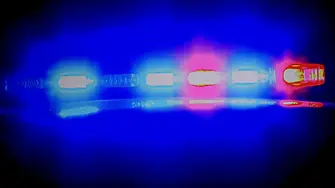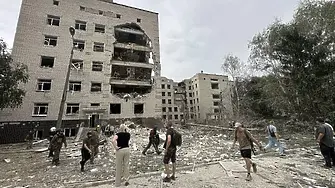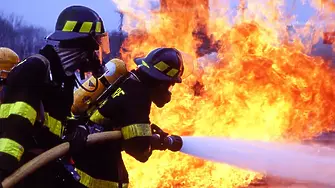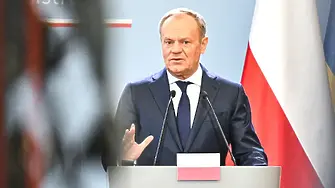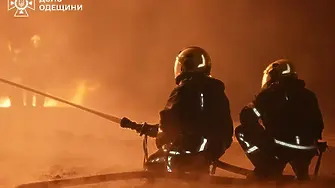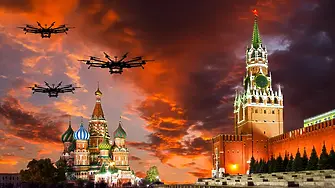
How It All Began: A History of the Israel-Palestine Conflict
The Israeli-Palestinian conflict has for decades been described as intractable, complex and deadlocked
The Israeli-Palestinian conflict has claimed tens of thousands of lives and displaced millions, and has its roots in a colonial act committed more than a century ago.
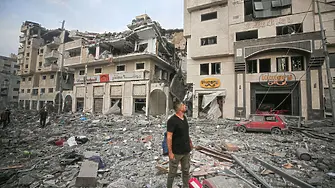
With Israel declaring war on Gaza on Saturday after an unprecedented attack by the armed Palestinian group Hamas, the eyes of the world are once again keenly focused on what may follow.
Hamas fighters have killed more than 800 Israelis in attacks on multiple towns in southern Israel. In response, Israel has launched a bombing campaign in the Gaza Strip in which more than 500 Palestinians have been killed. Israel mobilised troops along the Gaza border, apparently in preparation for a ground attack.
But what will unfold in the coming days and weeks has its place in history.
For decades, Western media, pundits, military experts and world leaders have described the Israeli-Palestinian conflict as intractable, complex and deadlocked, Al Jazeera reports.
Here's a simple guide to breaking one of the world's longest-running conflicts:
What is the Balfour Declaration?
More than 100 years ago, on 2 November 1917, Britain's then Foreign Secretary Arthur Balfour wrote a letter to Lionel Walter Rothschild, the leader of the British Jewish community.The letter was short - only 67 words - but its contents had a seismic effect on Palestine that is still felt today.
It committed the British government to "the establishment in Palestine of a national home for the Jewish people" and to facilitating "the achievement of that objective." The letter is known as the Balfour Declaration.In essence, a European power promised the Zionist movement a state in which indigenous Palestinian Arabs made up more than 90% of the population.
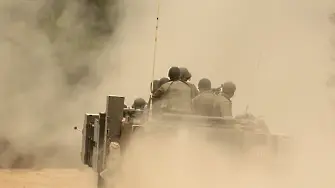
The British Mandate was established in 1923 and lasted until 1948. During this period, the British facilitated mass Jewish immigration - many of the new residents fled Nazism in Europe - and also faced protests and strikes.Palestinians were alarmed by the changing demographics of their country and by the British confiscation of their land to be handed over to Jewish settlers.
The Oslo Years and the Palestinian Authority
The Intifada ended with the signing of the Oslo Accords in 1993 and the formation of the Palestinian Authority (PA), an interim government granted limited self-rule in parts of the occupied West Bank and Gaza Strip.The PLO recognises Israel on the basis of the two-state solution and in effect signs agreements that give Israel control of 60% of the West Bank, as well as much of the land and water resources of the territory.
It was assumed that the PLO would make way for the first elected Palestinian government to rule an independent state in the West Bank and Gaza with East Jerusalem as its capital, but this never happened.
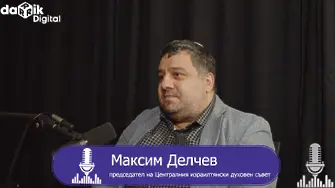
Critics of the Palestinian Authority see it as a corrupt contractor of the Israeli occupation that cooperates closely with the Israeli military in suppressing dissent and political activism against Israel. In 1995, Israel built an electronic fence and concrete wall around the Gaza Strip, cutting off interaction between the divided Palestinian territories.
The Second Intifada
The Second Intifada began on 28 September 2000, when the leader of the opposition Likud party, Ariel Sharon, made a provocative visit to the Al-Aqsa Mosque compound, and thousands of security forces were deployed in and around the Old City of Jerusalem. Clashes between Palestinian protesters and Israeli forces have left five Palestinians dead and 200 injured in two days.

The incident sparked a widespread armed uprising. During the Intifada, Israel inflicted unprecedented damage on the Palestinian economy and infrastructure.
Israel reoccupied areas governed by the Palestinian Authority and began building the separation wall, which, along with rampant settlement construction, destroyed Palestinian livelihoods and communities.Settlements are illegal under international law, but over the years hundreds of thousands of Jewish settlers have moved into colonies built on stolen Palestinian land. Space for Palestinians is shrinking as settler-only roads and infrastructure cut through the occupied West Bank, forcing Palestinian towns and villages to become bantustans - the isolated enclaves for black South Africans created by the country's former apartheid regime.
The partition of Palestine and the blockade of Gaza
PLO leader Yasser Arafat died in 2004, and a year later the second intifada ended, Israeli settlements in the Gaza Strip were destroyed, and Israeli soldiers and 9,000 settlers left the enclave.
A year later, Palestinians voted for the first time in general elections.
Hamas won a majority. However, a civil war broke out between Fatah and Hamas that lasted several months and led to the deaths of hundreds of Palestinians.
Hamas expelled Fatah from the Gaza Strip, and Fatah - the main party of the Palestinian Authority - resumed control over parts of the West Bank. In June 2007, Israel imposed a land, air and sea blockade on Gaza, accusing Hamas of "terrorism".
The wars in Gaza
Israel has launched four sustained military attacks on Gaza: in 2008, 2012, 2014 and 2021. Thousands of Palestinians have been killed, including many children, and tens of thousands of homes, schools and administrative buildings have been destroyed. Reconstruction is almost impossible as the siege prevents building materials, such as steel and cement, from reaching Gaza.
In the 2008 attack, internationally banned weapons such as phosphorus gas were used. In 2014, over the course of 50 days, Israel killed more than 2,100 Palestinians, including 1,462 civilians and nearly 500 children. During the assault, dubbed by the Israelis Operation Protective Edge, some 11,000 Palestinians were wounded, 20,000 homes were destroyed and half a million people were displaced.
Слушайте и гледайте новия подкаст на darik.bg „В тренда“ в YouTube, Instagram и TikTok
Най-интересните разговори от ефира на Дарик слушайте в подкаста на радиото в Soundcloud, Spotify, Apple Podcasts и Google Podcasts



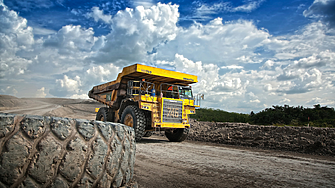
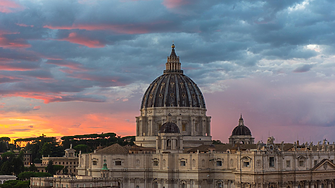

.jpg)

